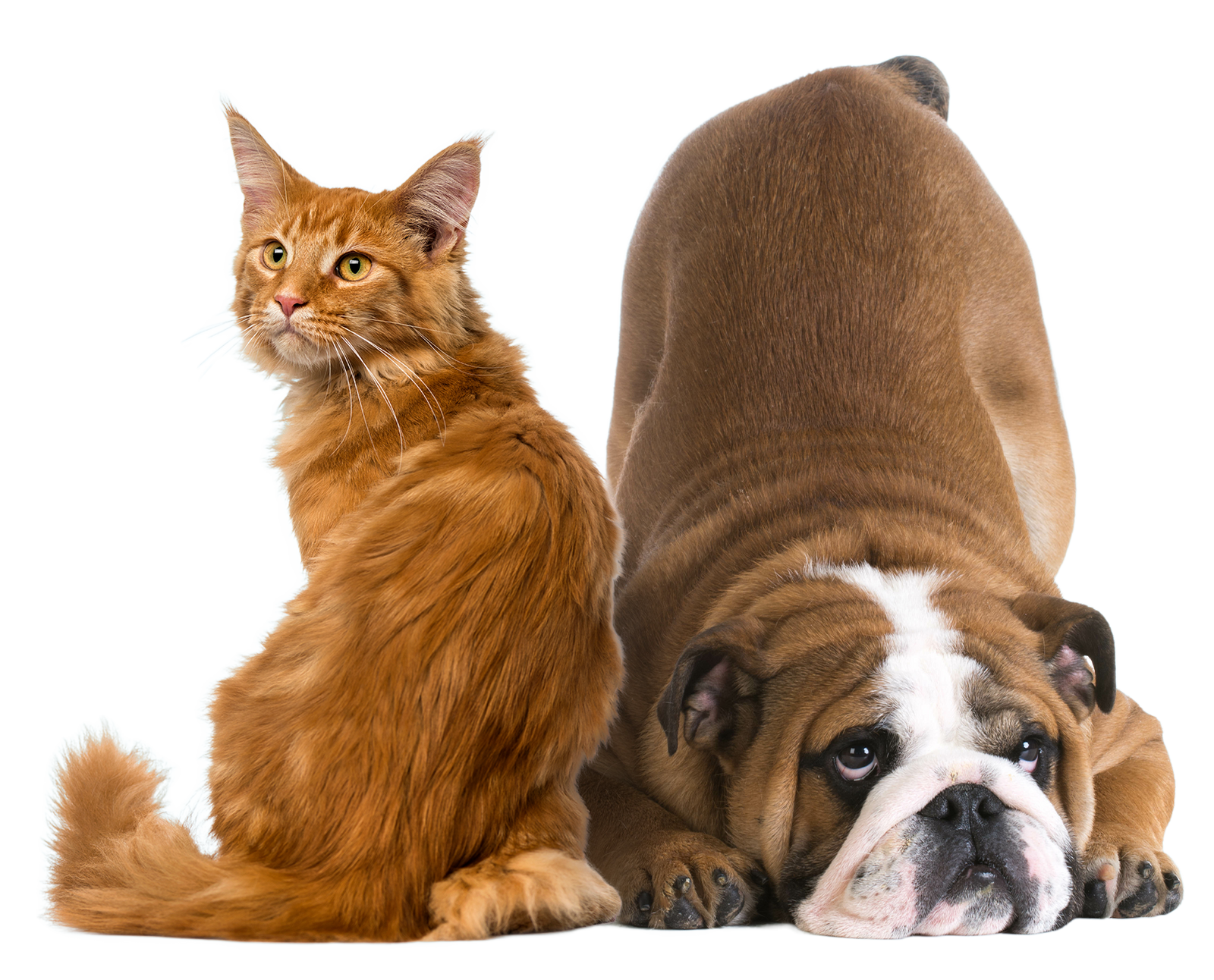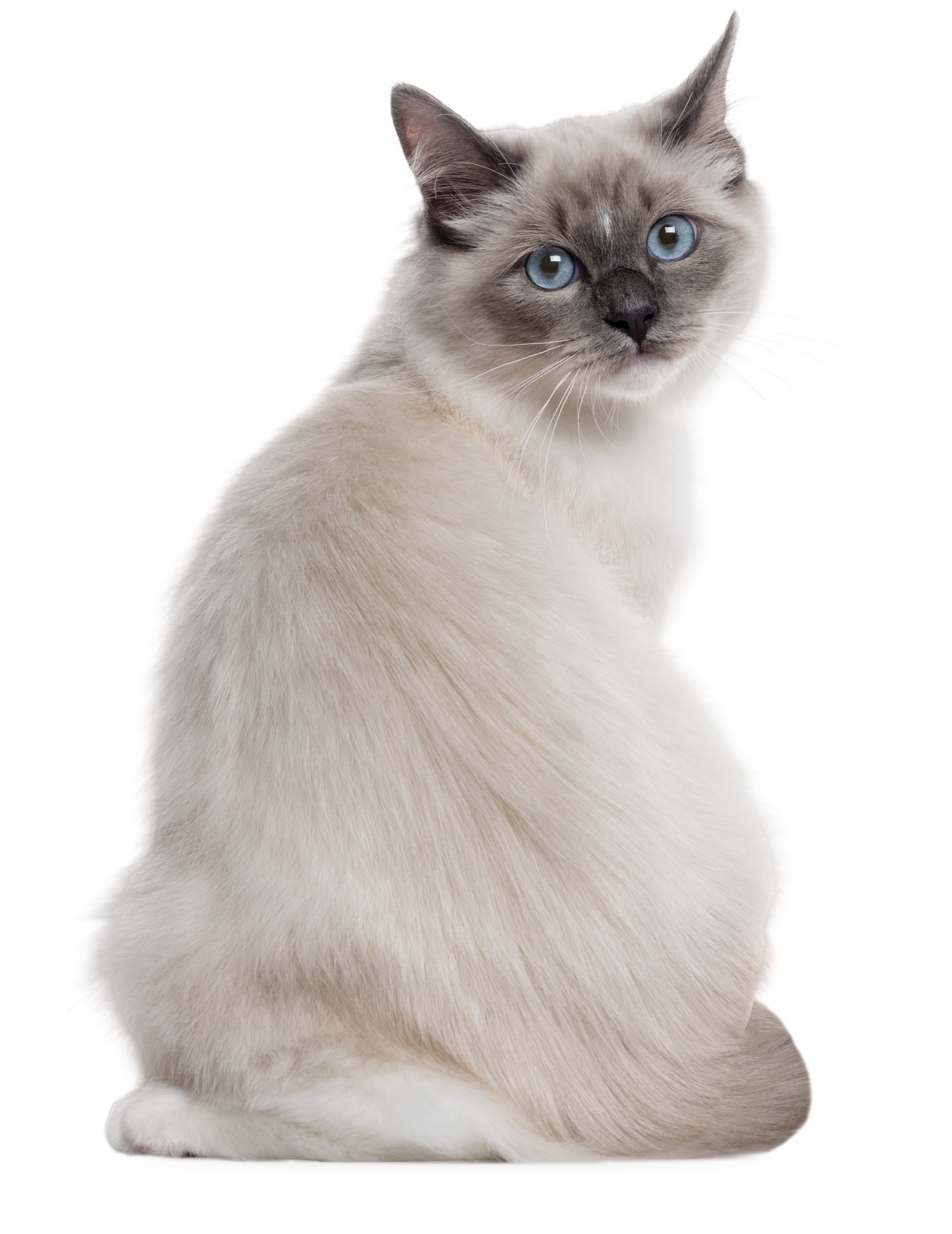Why Does a Cat Wipe Their Bum the Floor?
The short answer to why your cat wipes their bum across the floor is that they need to relieve discomfort. Their behind is itchy, irritated, or inflamed. To combat the problem, you first need to know the source.
While a common occurrence, when your kitty scoots their bum across the floor it is a cause for concern. Aside from the primary cause of the dilemma, dragging across the carpet or floor can sometimes lead to a secondary infection. So, learn what gives your cat the urge to scoot and how you can help them resolve the problem.
The Underlying Reasons a Cat Might Scoot Their Bum Across the Floor
Whether caused by digestive issues, allergies, parasites, or anal gland irritation, there are steps you can take to eliminate scooting. Here, you’ll find the most common reasons it happens, typical signs to look for, and how to stop your kitty from wiping her bum on your floor.
1. Viral or Bacterial Digestive Infection
Cats sometimes get into things they shouldn’t and wind up falling ill. They might eat something around the house or outside that doesn’t agree with them and end up with an infection in their digestive tract. One of the most common symptoms is diarrhea, which can lead to feces getting stuck underneath their tail. When this happens, your cat will likely try to clean the area with excessive licking or wiping it across the floor.
Check the litter box closely for loose or watery stool and examine your feline friend. If you notice dried feces stuck to their fur, gently clean the area with a warm wet cloth and call your veterinarian for advice on whether your feline friend might need treatment to help with the infection.
In some cases, the infection will clear up on its own. In others, your veterinarian might recommend medication such as an antibiotic and/or a probiotic to speed up the process. If your cat is lethargic or refuses food or water, these could be symptoms of a serious problem.
2. Lack of Dietary Nutrition
There are many myths and misconceptions about feeding house cats. And, in many cases, inexpensive cat food does not provide your furball with a truly balanced diet. All feline species are carnivores -- they rely on nutrients found in animal products.
Some store-brand, packaged cat foods use corn fillers and other ingredients that aren’t particularly healthy. One common symptom of an unbalanced diet is constipation, which can give your kitty the urge to scoot across the floor.
Whether this is the reason for your cat’s behavior or not, it is important to understand how to feed your cat a balanced diet.
- High protein
- Moderate fats
- Minimal carbohydrates
The right nutrition may eliminate your cat’s urge to wipe her bum.
3. Environmental or Food Allergies
Another reason your cat might display this behavior is if they have a sensitivity to something in their environment. It could be their kitty litter, a houseplant, or a cleaning product such as the laundry detergent used for their bedding (or yours). Furthermore, they could be allergic to any ingredient in their food or medicines.

Cat allergies often present with multiple symptoms:
- Paw chewing, licking, or swelling
- Throat inflammation (snoring)
- Diarrhea and/or vomiting
- Ear infections and/or scratching
- Skin inflammation
- Eye-watering and/or scratching
- Sneezing or coughing
If you suspect your cat’s urge to scoot is triggered by an allergic immune response, your veterinarian can help. They will conduct an examination and may recommend an elimination diet, blood testing, or medication to help combat the adverse reaction.
5. Parasites
If your cat wipes her bum across the floor, the problem could be provoked by parasites. In some populations, as many as 45% of cats are infected. Symptoms of parasites like worms or protozoa can include a dull coat, coughing, gastroenterological symptoms like diarrhea or mucus in the stool, and the appearance of a swollen belly.
Parasites can lead to anemia, low-energy, and secondary viral or bacterial infections. Therefore, they need to be treated right away. Cats should be given de-wormer several times per year. Protozoan parasites may require prescription medications. Talk to your veterinarian if you have concerns about a parasitic infection and they can help you determine the best course of action.
6. Anal Gland Irritation
Anal gland problems are yet another area where your kitty might be suffering. Along with scooting, If you notice excessive licking of or redness and swelling around the anal area or defecation outside of the litter box, anal gland irritation is likely the culprit.
While this happens more often with dogs than cats (and, cats are better at masking their symptoms), feline anal glands can become clogged, infected, and/or inflamed. And, when this happens, your veterinarian may need to express the excess fluid as well as prescribe medications to remedy the problem. In most cases, one-time veterinary treatment will provide long-lasting results. However, some cats may be prone to repeat clogs or infections.

In this case, nutritional supplements may be recommended. Glandex supplements for cats and dogs contain a dietary formula that includes probiotics, soluble fibers, pumpkin seed, bromelain, and a flavonoid that help prevent recurring problems in pets’ anal glands. With a 100% satisfaction guarantee, if the product doesn’t help with the problem, you can return it within 3 months for a full refund.





